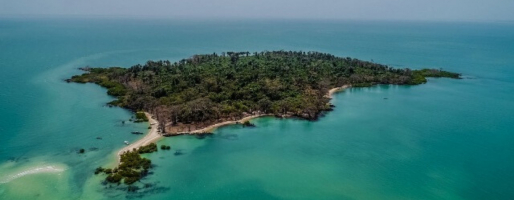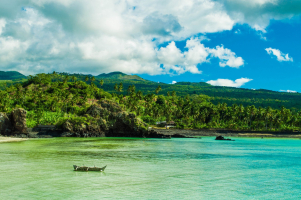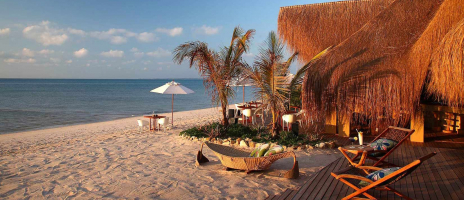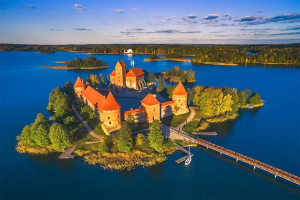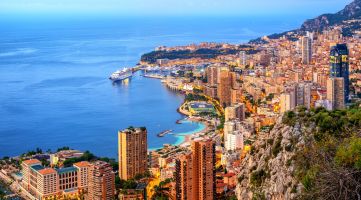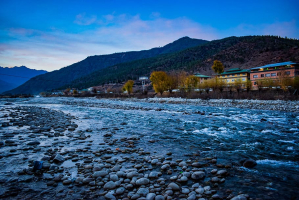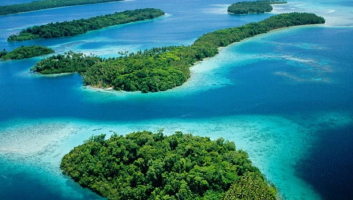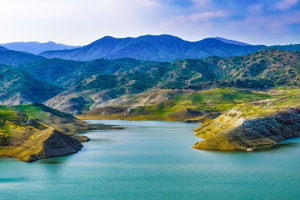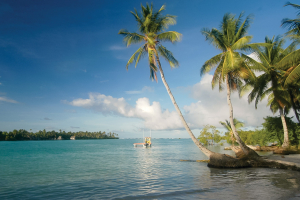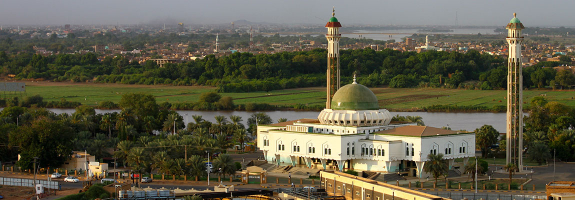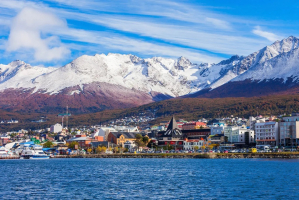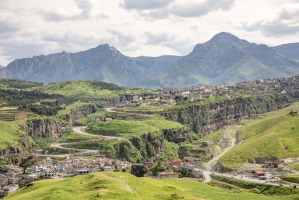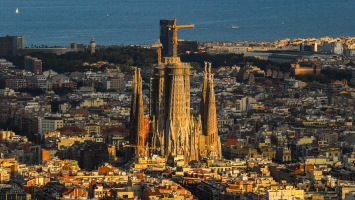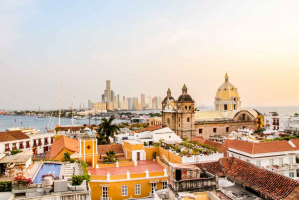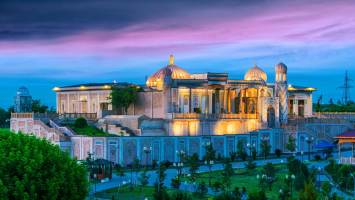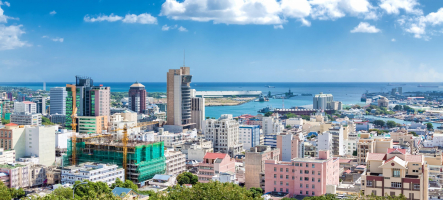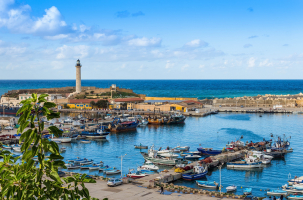Top 11 Things to Know Before Traveling to France
For many people, France is a dream destination! This country has history and culture, well-known landmarks and breathtaking monuments, delicious food, beaches ... read more...in the Mediterranean, high mountains, and snow. France has everything people will need for a fantastic trip and then some! For some reason, it is one of the best and most popular tourist destinations on the planet! Toplist has compiled a list of the things to know before traveling to France that you should not miss!
-
Is France a safe place to visit? Yes, in a word! Traveling in France is extremely safe. That is why France is one of the most popular tourist destinations on the planet, with approximately 90 million visitors each year.
France has a low crime rate. Violent crime is uncommon and unlikely to affect visitors. Pickpockets, scam schemes in tourist areas, and public transportation must all be avoided as in any other country, but using common sense and attention should be relatively easy. These types of incidents are more common in tourist areas. That is why you should keep an eye on your belongings and be aware of your surroundings. In short, following basic safety precautions should reduce the chances of something going wrong. This is absolutely one of the things to know before traveling to France that Toplist would like to introduce to you to ensure that your trip to France is the best one!
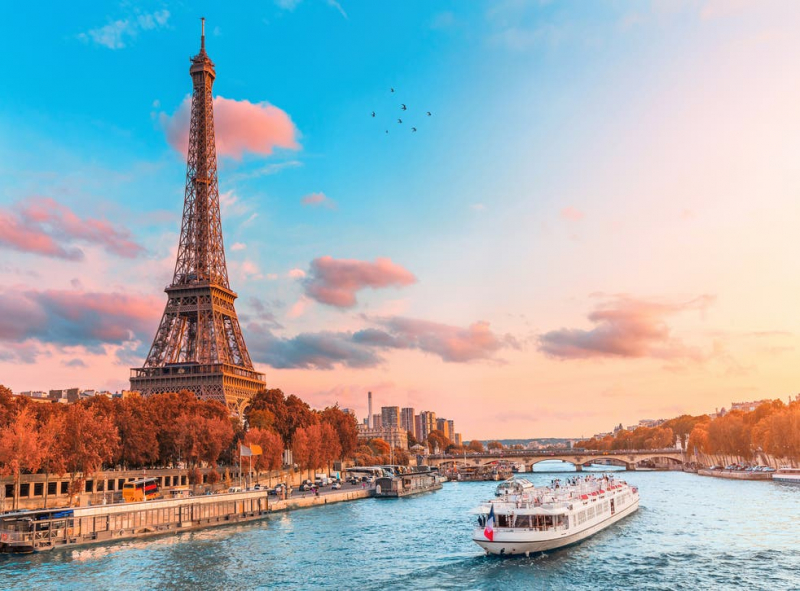
Photo: rockpowerbusiness.org 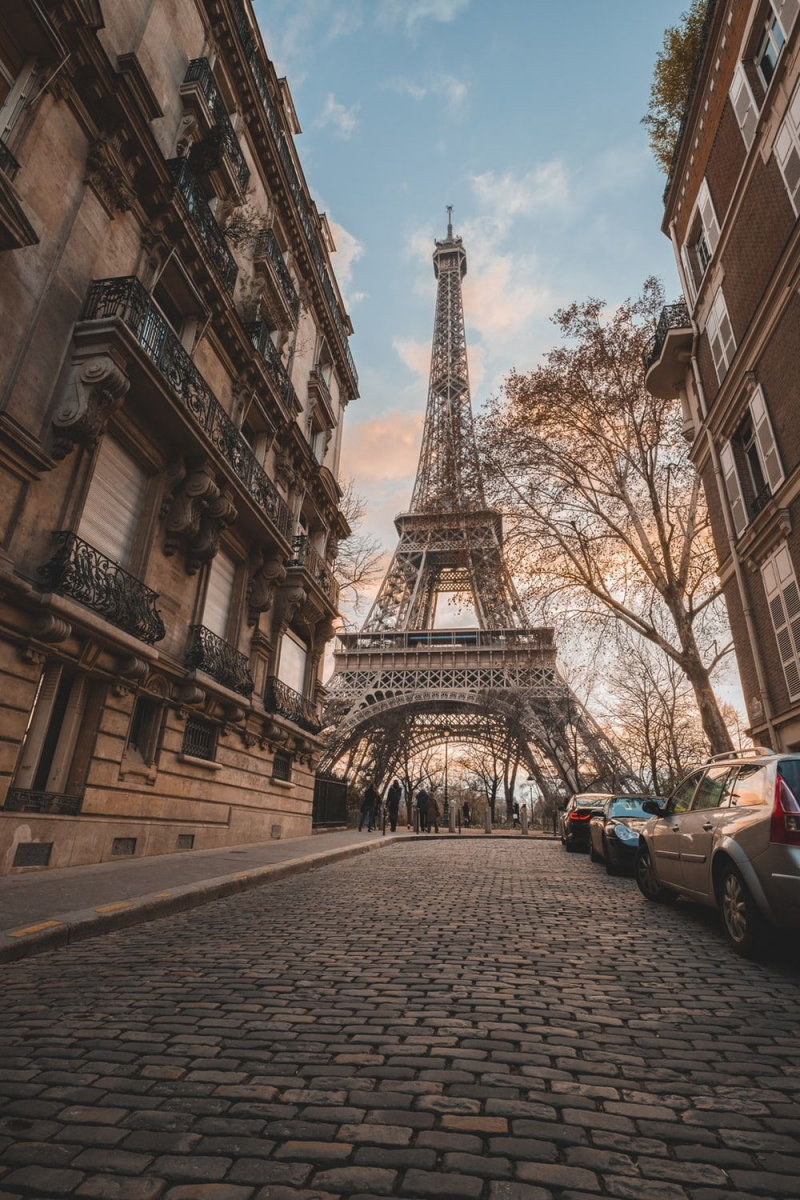
Photo: wallpaper.dog -
One of the most important aspects of planning a dream vacation in France is deciding when to go. The best time to visit France, however, is determined by the destination as well as the purpose of the vacation. Summertime, for example, is ideal for beach vacations in the south of France, while late spring is ideal for exploring Paris's sidewalk cafés and lush gardens.
The peak season, as in most Western European countries, is in the summer, especially during the school holidays in July and August. Millions of people, both foreign and French, are on vacation during this time of year, so all of the famous landmarks are crowded. It is recommended that you visit France in May/June or late September to avoid the peak of the high season. The most well-known monuments will still be crowded, but much less so than during peak season, and lesser-known destinations will be uncrowded. On the other hand, with high temperatures and little rain, the weather remains pleasant.
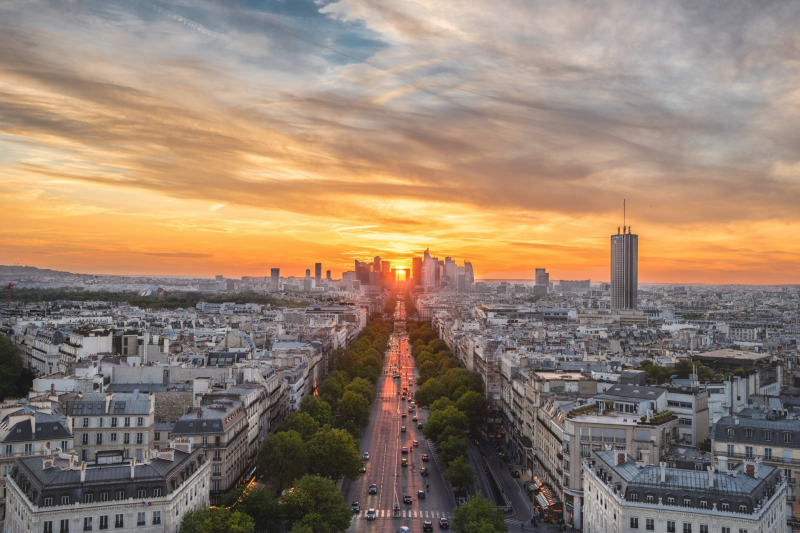
Photo: locationscout.net 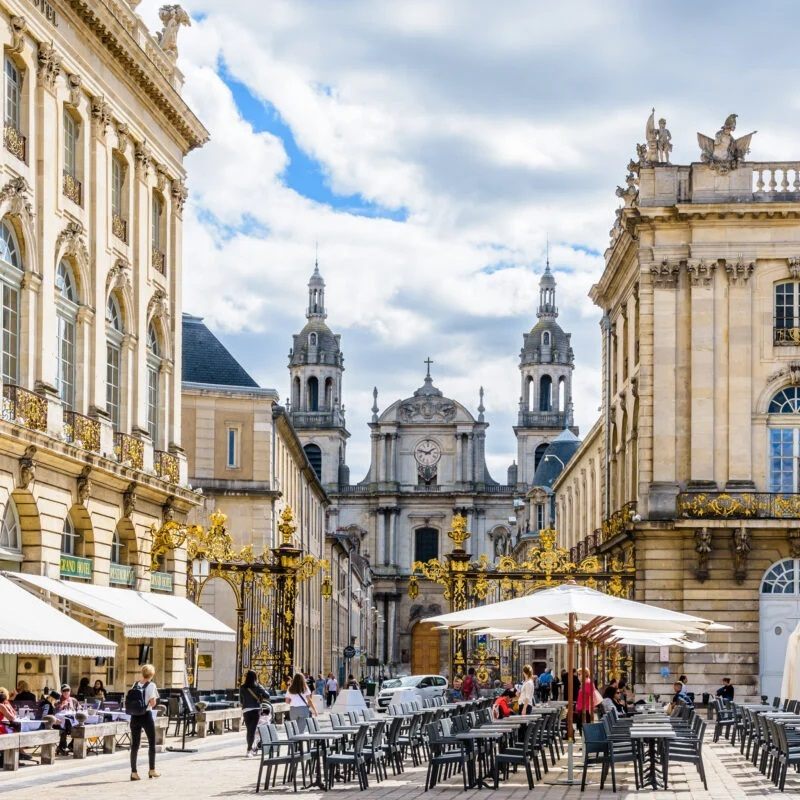
Photo: travelawaits.com -
A country that receives so many tourists must provide a diverse range of activities to appeal to all types of visitors. Indeed, the variety of things to do and see in France is astounding. Let's begin with Paris, the French capital and one of the most visited cities in the world. Toplist does not believe it is necessary to explain why Paris is a must-see destination. The Louvre Museum, Notre-Dame Cathedral, and the Eiffel Tower are all world-famous. Paris is known for being a romantic and culturally rich city.
The French Riviera is France's second-most visited region, especially during the summer. This region of Provence is known for its many hours of sunshine, beaches, parties, and general wealth. The Pont du Gard, the Roman ruins of Arles, and the papal palace of Avignon are just a few of the stunning historical and cultural attractions in Provence. Not to mention Marseille, the city's capital, which is frequently overlooked.
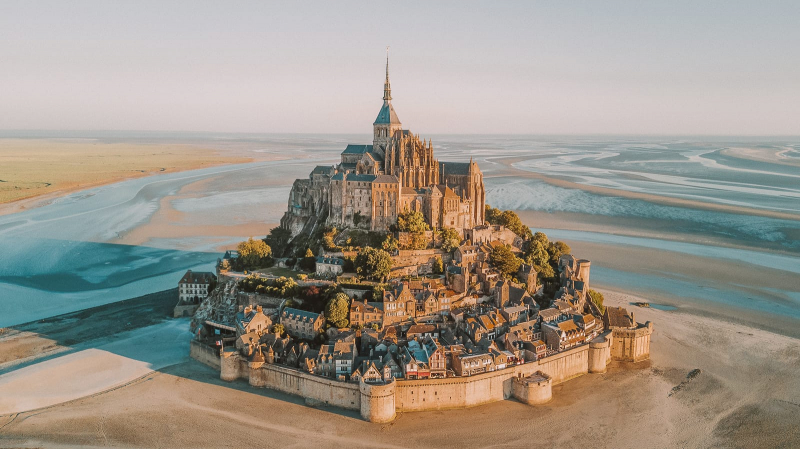
Photo: handluggageonly.co.uk 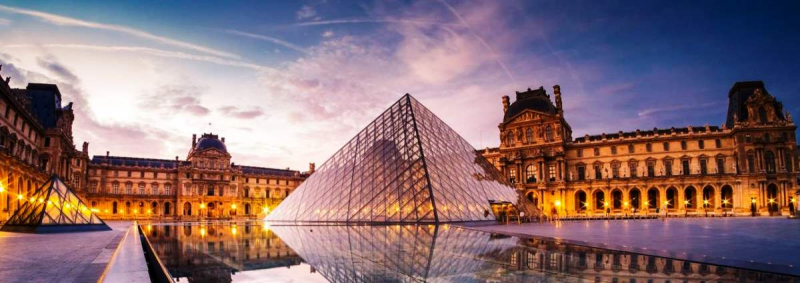
Photo: uranustravel.com -
With nearly 70 million people, France is the EU's second-most populous country (behind Germany) and Europe's third. It is a country with densely populated cities. Paris is the capital and largest city, with Marseille and Lyon each having a population of over 500,000.
The official language is French, and the entire population speaks it. However, there are several regional languages, including Breton, Basque, Corsican, and Catalan. For a long time, French was regarded as Europe's lingua franca and the most widely spoken language in diplomacy, science, and literature. However, as English became more popular, it lost this distinction. If you do not speak French fluently, you should learn a few words and make an effort to do so. The treatment you will get is usually unique, and they will try to communicate in your language, or at least in English, to make things easier for you. Learn at least the following, even if it is only the most basic, like Bonjour (Hello/Good morning); S’il vous plait (Please), or Pardon (sorry).
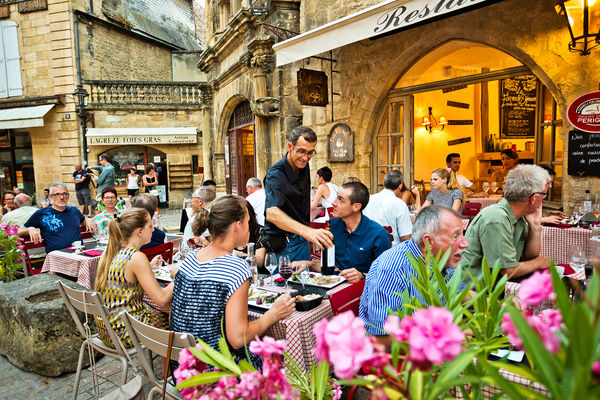
Photo: ricksteves.com 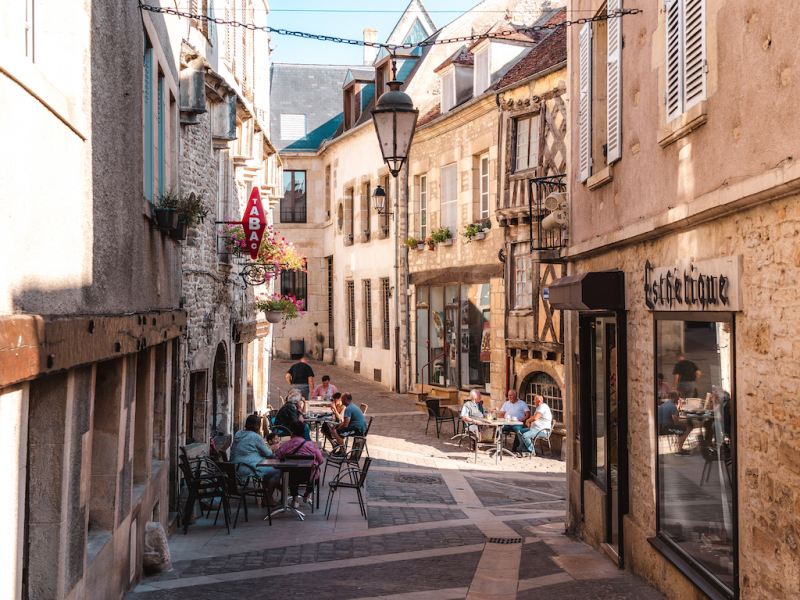
Photo: myfrenchcountryhomemagazine.com -
The climate in France is not homogeneous due to its size and geographical diversity, but it is generally temperate and pleasant and can be defined by some general rules. Summer is warmer and drier than winter, which is colder and rainier. The north of France is colder than the south, and the Atlantic regions are also hotter and rainier than the Mediterranean. In other words, there are four major zones:
- West: Oceanic climate with high rainfall and little variation in temperature.
- Center and east: Continental climate with hot summers and cold winters.
- South and east: Mediterranean climate with hot and dry summers, plenty of sunshine all year, and light rain from October to April.
- Mountains above 800 meters: a lot of rain and snow in the winter.
If you are planning a trip to France, Toplist believes that you should save information about the climate in France to ensure your trip is the best one. This is one of the things to know before traveling to France!
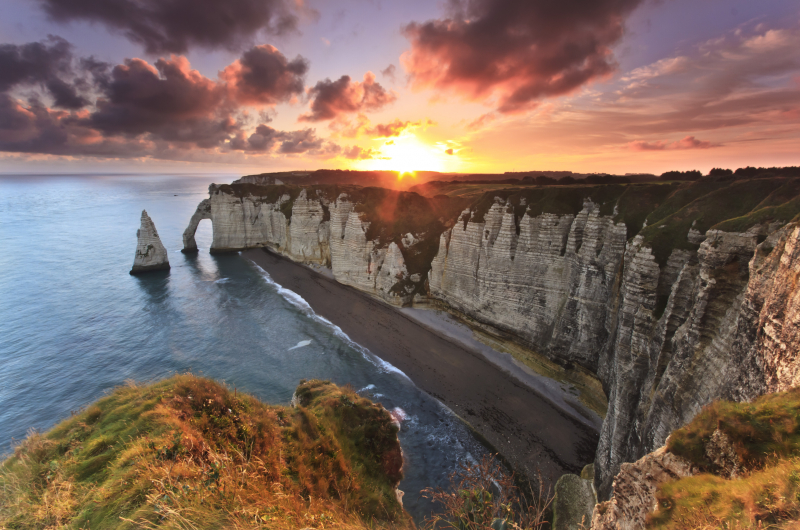
Photo: lonelyplanet.com 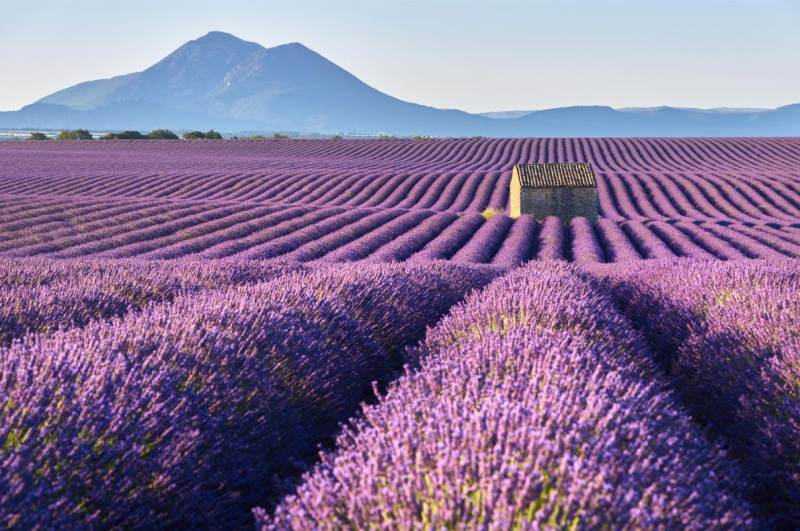
Photo: europeanbestdestinations.com -
One of the benefits of visiting France is the abundance of low-cost flights available from all over Europe. These destinations change over time, but they are diverse and spread across the country. Larger cities, such as Paris, Marseille, and Saint-Etienne / Lyon, are usually included, as are some medium-sized cities, such as Nantes and Bordeaux. France has a vast network of airports, and even small cities like Carcassonne, Brest, and La Rochelle occasionally have direct flights. It's ideal for three- or four-day getaways. Internal flights can also be a quick and affordable option.
The best way to travel in France is entirely dependent on your itinerary. Driving is not recommended in Paris, but it is unquestionably the best option in Brittany, Normandy, or the countryside of Provence. France has an excellent public transportation system. Many destinations are accessible by train, and the TGV is an excellent option for long and fast journeys. When planning your trip, consider whether you really need to rent a car and whether there are any viable alternatives. If you are planning a more urban trip, the most certain thing is that a car is not only unnecessary but also a source of costs and a problem. This is definitely one of the things to know before traveling to France.
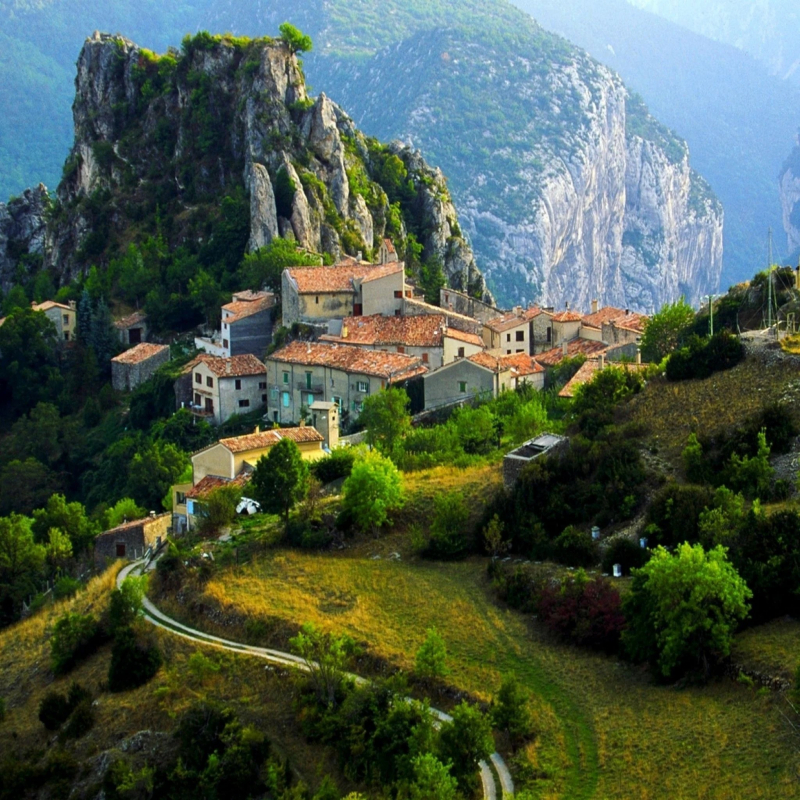
Photo: wallpaperaccess.com 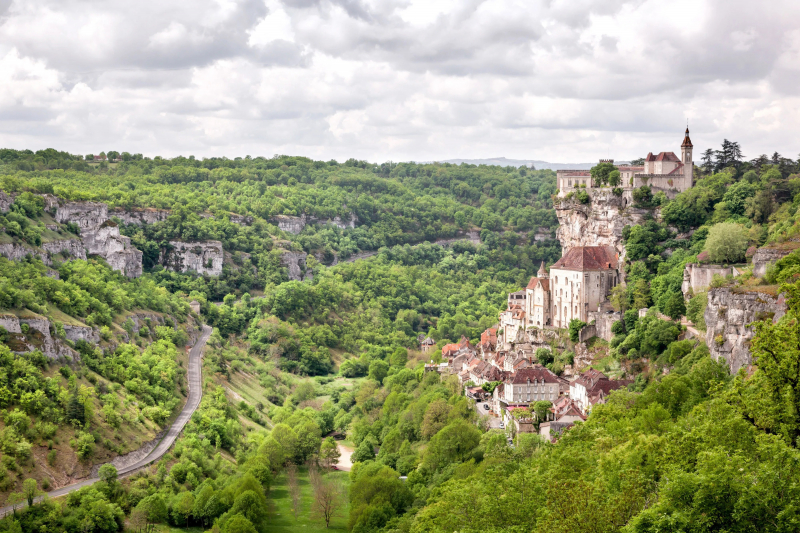
Photo: cntraveler.com -
As Toplist mentioned above, France has an excellent public transportation system. In France, public transportation is a delight for many tourists. To get around the country, you can take the train, metro, or bus. While Paris has the best public transportation system in the country, you can also travel between cities using country-wide transportation.
Train travel is an excellent way to see some of France's most beautiful cities. Fast trains (called TGVs), intercity trains (called Intercités), and regional services connect France's smaller cities and towns. International trains are also a good and quick way to visit the major cities in France if you live in one of the neighboring countries. The "Métro" (subway system) is the most convenient way to get around Paris. At the same time, a bus is a cheap option if you want to see the sights while traveling. A bus route guide can be purchased to assist you in navigating the Paris bus system.
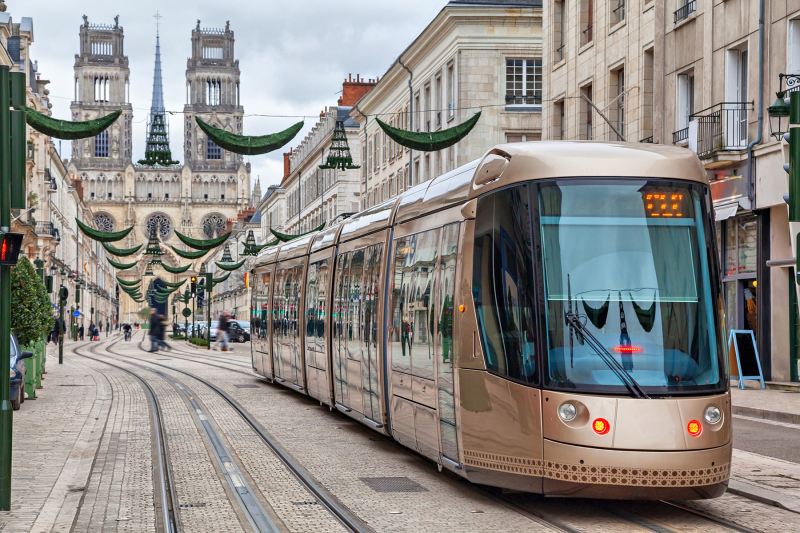
Photo: expatica.com 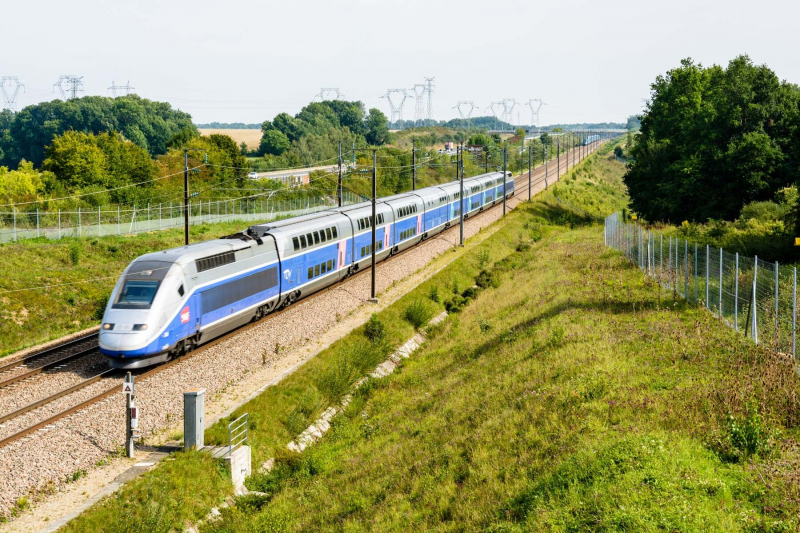
Photo: expatica.com -
France is an expensive country to visit, much more so than Portugal or Spain, but less so than Austria, Israel, or the Nordic countries. Because the cost of living in France is higher than in many other countries, many daily and travel expenses are relatively high. The amount you will spend per day is difficult to predict because it is highly dependent on the type of traveler you are.
One of the most expensive aspects of any trip is lodging. A room for two in a cheap hotel in France will cost 50-100 Euros, an average hotel will cost 100-200 Euros, and a luxury hotel will cost well over 200 Euros. These prices may be even higher during the peak season. Low-cost hotels are also available, which are especially useful for those traveling by car. These are typically found in non-tourist areas and are thus inexpensive. As previously stated, one of France's most popular attractions is its famous and historically significant museums and monuments. However, nearly all of these attractions require payment, and tickets are not inexpensive. That is why the cost of traveling in France is high!
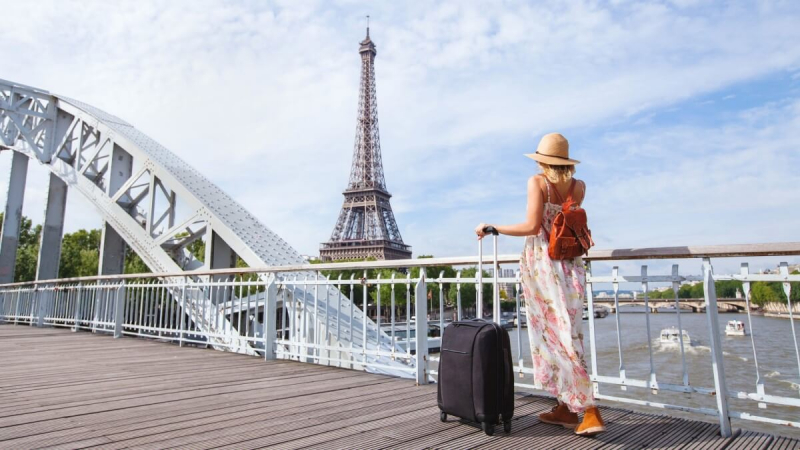
Photo: schengenvisainfo.com 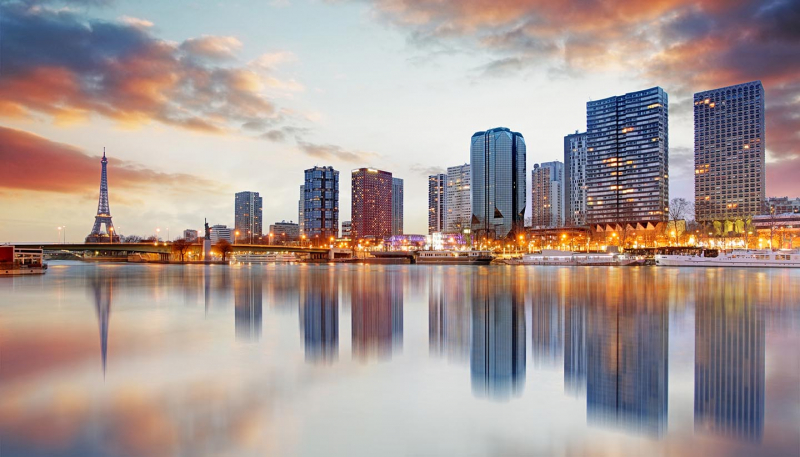
Photo: worldtravelguide.net -
Money is absolutely one of the important aspects that many people consider before traveling to France. Because France is a founding member of the Eurozone, you won't have to worry about currency exchanges if you are visiting from another Eurozone country. You also will not have to worry about fees or exchange rates because you can withdraw money from ATMs and make payments in foreign currency without paying commissions. Although there are no foreign currency commissions, withdrawal commissions at ATMs may apply depending on the ATM. However, there are no fees if you pay with a debit card directly. There may be with credit cards.
To save money on commissions, you are recommended to pay with a Eurozone debit card whenever possible. When you need to withdraw money, check the withdrawal costs and, if it is free, withdraw a large amount.

Photo: travelcami.com 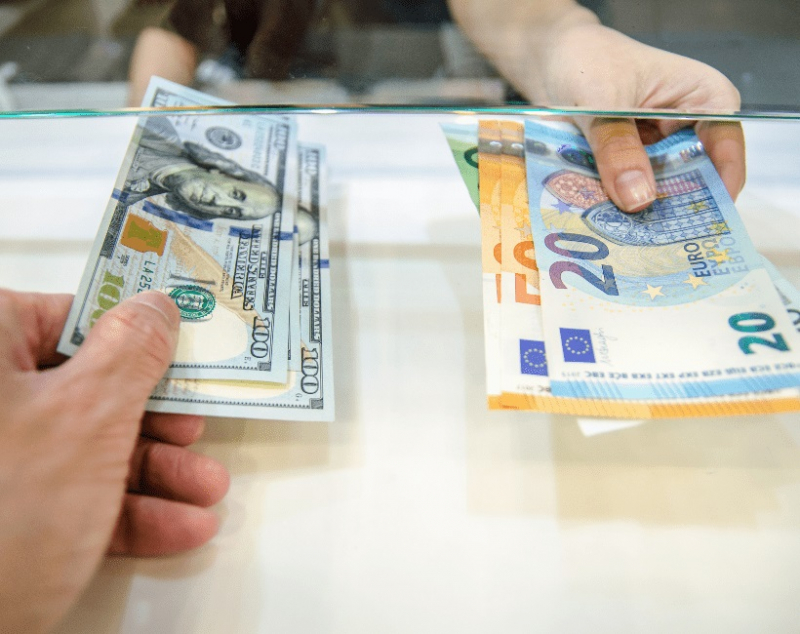
Photo: ouiinfrance.com -
People always say that French cuisine is the queen of world cuisine. The dishes, sauces, and culinary techniques invented or developed in France have had enormous influence. They have spread to the point where they have become commonplace all over the world. There are numerous dishes to sample while visiting France, from the most popular to regional specialties and dishes that are rarely seen in other countries.
Of course, Toplist could not list a full list of the mouth-watering dishes in this country. Nevertheless, there are some of the best and most famous dishes in France that you should try when traveling there, such as Duck a l’Orange, Foie Gras, Ratatouille, Tartar steak,… So, how about desserts and sweets? Don’t forget to try crepes, macaroons, tarte tatin, or crème brûlée. So many delicacies, right? Therefore, the advice for you is that you will need to plan ahead if you really want to try a dish or immerse yourself in French cuisine! This is one of the things to know before traveling to France!

Photo: champigne.com 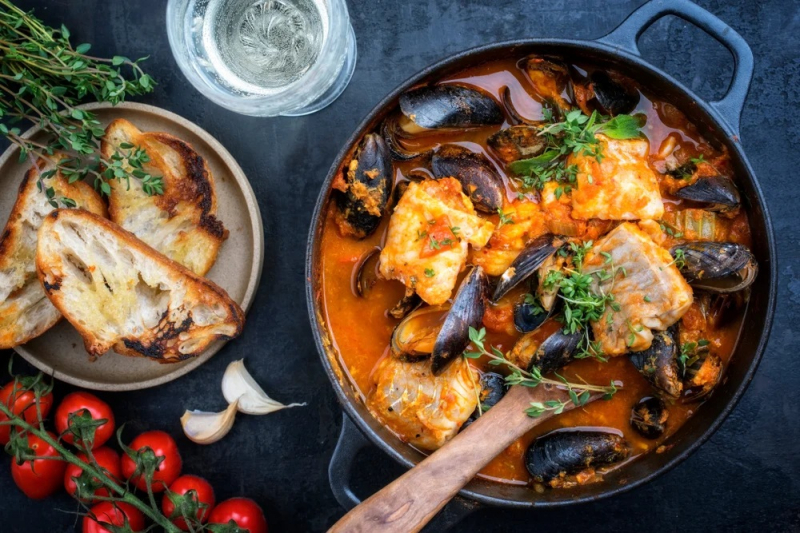
Photo: thekitchencommunity.org -
There are plenty of French festivals to help you experience the country's vibrant culture, from history to fantasy and everything in between. Of course, Toplist cannot list all of them! Therefore, Toplist has compiled some of the most famous ones for you.
The first name of the festival in France that Toplist would like to share with you is the Berck-sur-Mer Kite Festival. For over two decades, over half a million people have come to watch the spectacular display of kites fly over the seaside town of Berck-sur-Mer. The festival, which takes place every March or April, features giant dragons, whales, octopuses, and various cartoon characters flying over the sandy beach. Moreover, every two years, the festival hosts the International Kite Championships of the World. Another famous festival is the Lemon Festival. The Fête du Citron (Lemon Festival), which takes place in Menton for two weeks in February, celebrates all things citrus. More than 200,000 people come to see the brightly colored floats and sculptures made out of lemons and oranges. The next famous festival is the Nice Carnival. The famous Nice Carnival, which takes place every February, is one of the world's largest carnivals, alongside those in Brazil, Venice, and New Orleans' Mardi Gras. On the French Riviera, it is also the most important event. During the day and night, over a million people from all over the world descend on Nice's main street.
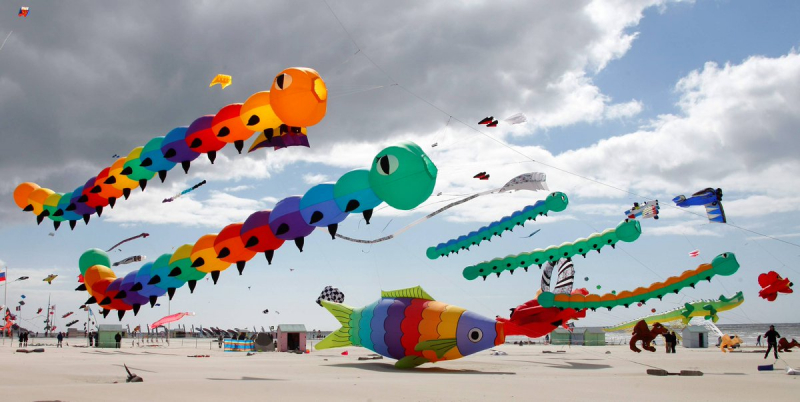
Berck-sur-Mer Kite Festival. Photo: twitter.com 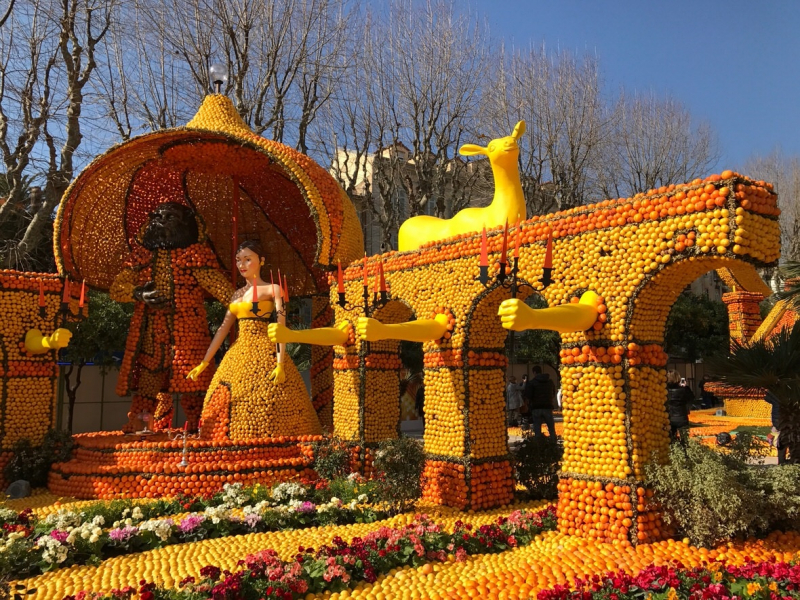
Lemon Festival. Photo: frenchriviera.travel













